With the break-neck pace with which it tends to respond to measures coming from the Kremlin, this month Russia’s parliament rushed through a new measure intended to make it harder for draftees and mobilised reservists to dodge military service. In the process, it highlighted the country’s slide into techno-authoritarianism.
Until now, the law demanded that the state prove that it had presented the potential serviceman (or his family) with the appropriate draft papers. Although they were meant to be signed for, this still created opportunities for the individuals in question to claim they had never received them. – or make a dash for the border. Hundreds of thousands of reservists did just this in September and October, during the first mobilisation wave.
This is probably a case of trying this time to bolt the stable door while the horse is still inside
Now, though, papers will be served electronically through Gosuslugi, the government’s strikingly successful ‘Unified Portal of State and Municipal Services’. Every adult Russian citizen has a Gosuslugi account, which is used for everything from paying speeding fines to booking a doctor’s appointment.
Now the call-up summons will be deemed to have been served as soon as it reaches the recipient’s inbox. Simultaneously, he will be blocked from leaving the country and, if he fails to attend muster within two weeks, faces not just criminal action, but will also be prevented from using many other Gosuslugi services, covering everything from renewing his driving license to claiming benefits.
There has been the inevitable outcry from some quarters, including what now seem to be obligatory parallels to Stalinism, calling it a ‘digital Gulag’ even though anyone who experienced those murderous forced labour camps might consider that to be hyperbole. There has not been the renewed exodus that some had expected, though.
Although there are already trials in St Petersburg, the system will involve considerable work to make sure that a variety of databases – including those of the FSB Border Troops and Interior Ministry – all connect properly together. As a result, at least officially it will only be fully active in time for the autumn conscription season. Many potential servicemen who consider themselves at risk and have another citizenship or a particularly portable and in-demand skill meaning they can stay abroad indefinitely have already left. Given this, those remaining may well feel it makes no sense to flee now and perhaps have to return just in time for the actual mobilisation.
This does not tell us that the Kremlin has already decided on a new mobilisation wave. It would certainly be politically safer to use volunteers. There is an intensive recruitment campaign underway, not least with TV adverts showing disgruntled figures in ostensibly dead-end jobs, from taxi driver to supermarket security guard, transforming into camouflaged soldiers, with the exhortation ‘You’re a man. Be one’. No amount of video glitz is likely to generate enough recruits to make up for casualties, though, and despite his reluctance to take political risks, Vladimir Putin is likely to have to decide either to commit young conscripts or mobilise more older reservists.
This measure is probably a case of trying this time to bolt the stable door while the horse is still inside. Considering how long it will take to get the new system properly up and running, the authorities are standing it up just in case they do launch a new mobilisation in autumn. In this respect, it is not just a sign of the way the Kremlin is increasingly serious about preparing for a long war, such that the conflict is essentially coming to define its policies across the board. It is also of the confluence of two hitherto-separate aspects of the state.
Before the invasion, after all, Russia was in the grips of a surprisingly effective e-government revolution. In his previous post, Prime Minister Mikhail Mishustin had overseen the modernisation of a tax service that was as infamous for its incompetence as its corruption. Now he was eager to harness the new tools at the state’s disposal, from AI to blockchain, to do the same for the rest of the Russian state. Gosuslugi predated him, but he has made it a powerful instrument to do away with much of the paperwork that used to characterise Russians’ relationships with their state, and generate metrics and datasets that feed into decision-making.
This can, of course, also be a tool of repression. The country’s massive networks of CCTV cameras, for example, were originally largely used to deter crime and monitor traffic. During Covid, thanks to increasingly sophisticated facial recognition software, they were used to identify rules-breakers. Now, the FacePay system on the Moscow metro that means that travellers do not even need to tap their card or phone to travel can, for example, now also alert the authorities when a draft-dodger is on the move.
An e-government revolution originally driven by the quest for efficiency is increasingly being harnessed by the state in a new techno-authoritarianism. Even when the war is over, it is unlikely Putin will be willing to give up these new powers.
Got something to add? Join the discussion and comment below.
Get 10 issues for just $10
Subscribe to The Spectator Australia today for the next 10 magazine issues, plus full online access, for just $10.

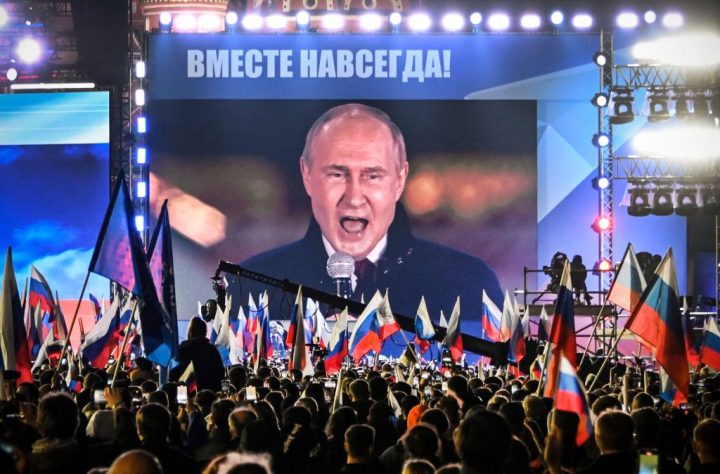

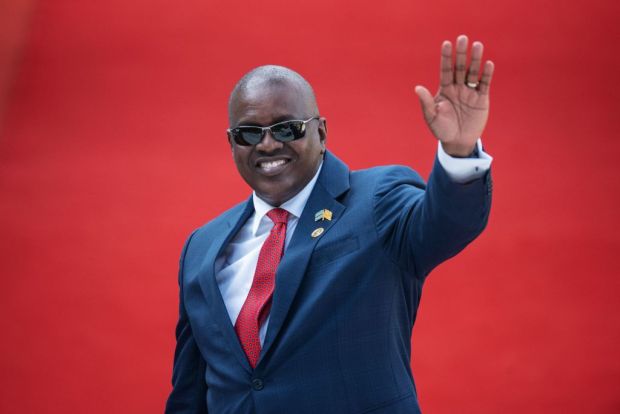

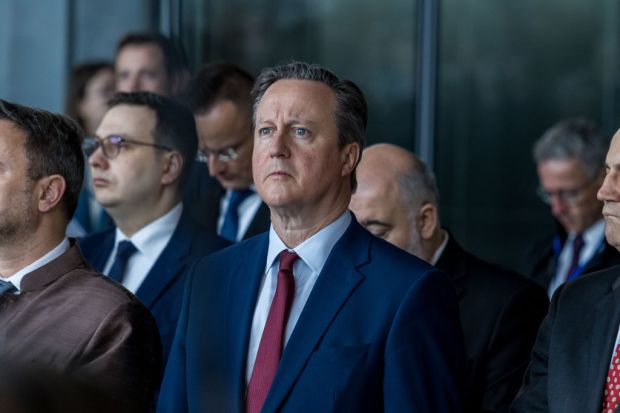
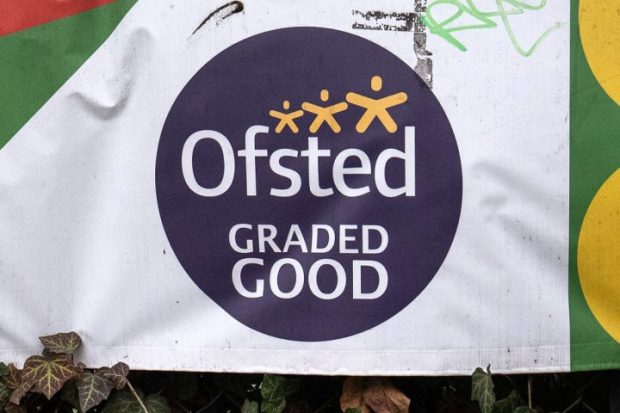
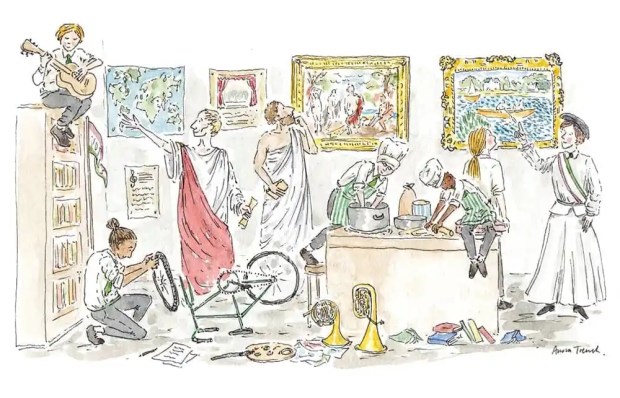












Comments
Don't miss out
Join the conversation with other Spectator Australia readers. Subscribe to leave a comment.
SUBSCRIBEAlready a subscriber? Log in